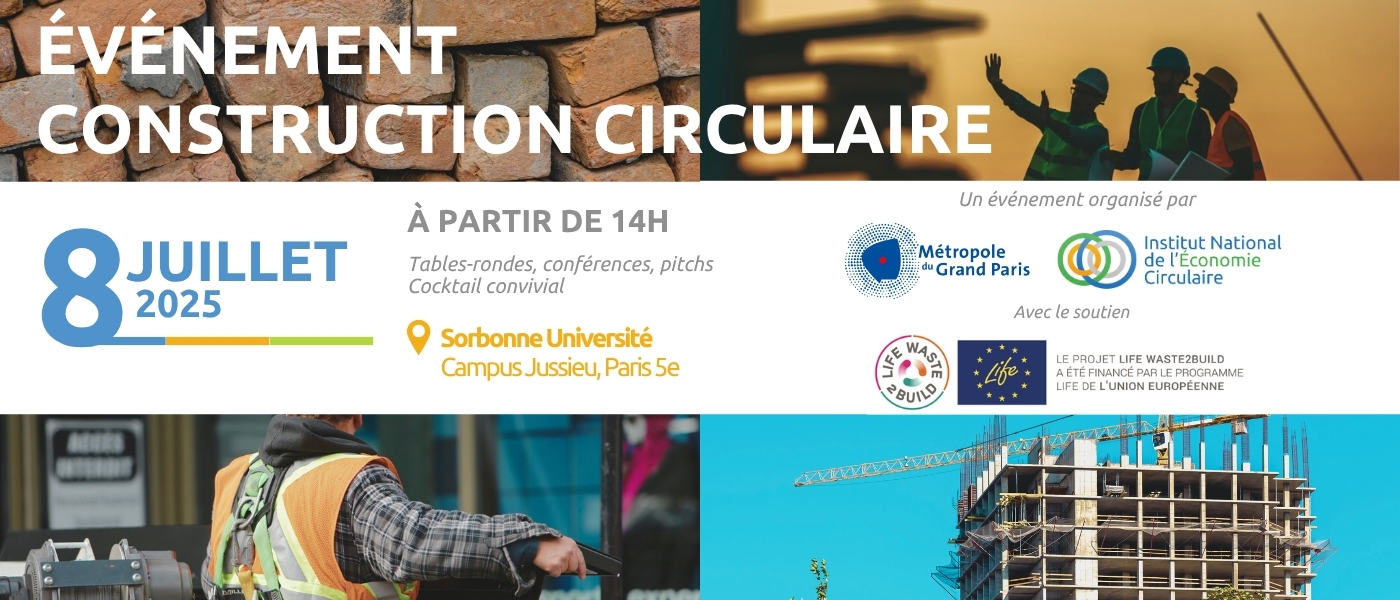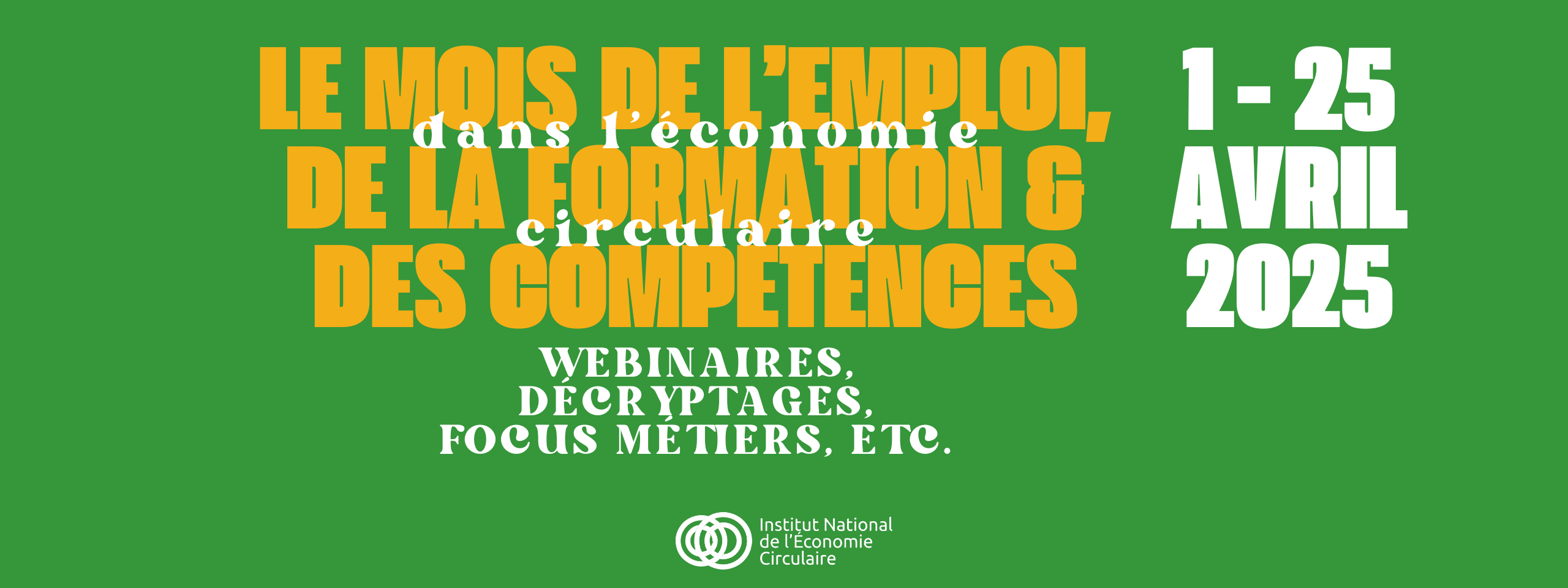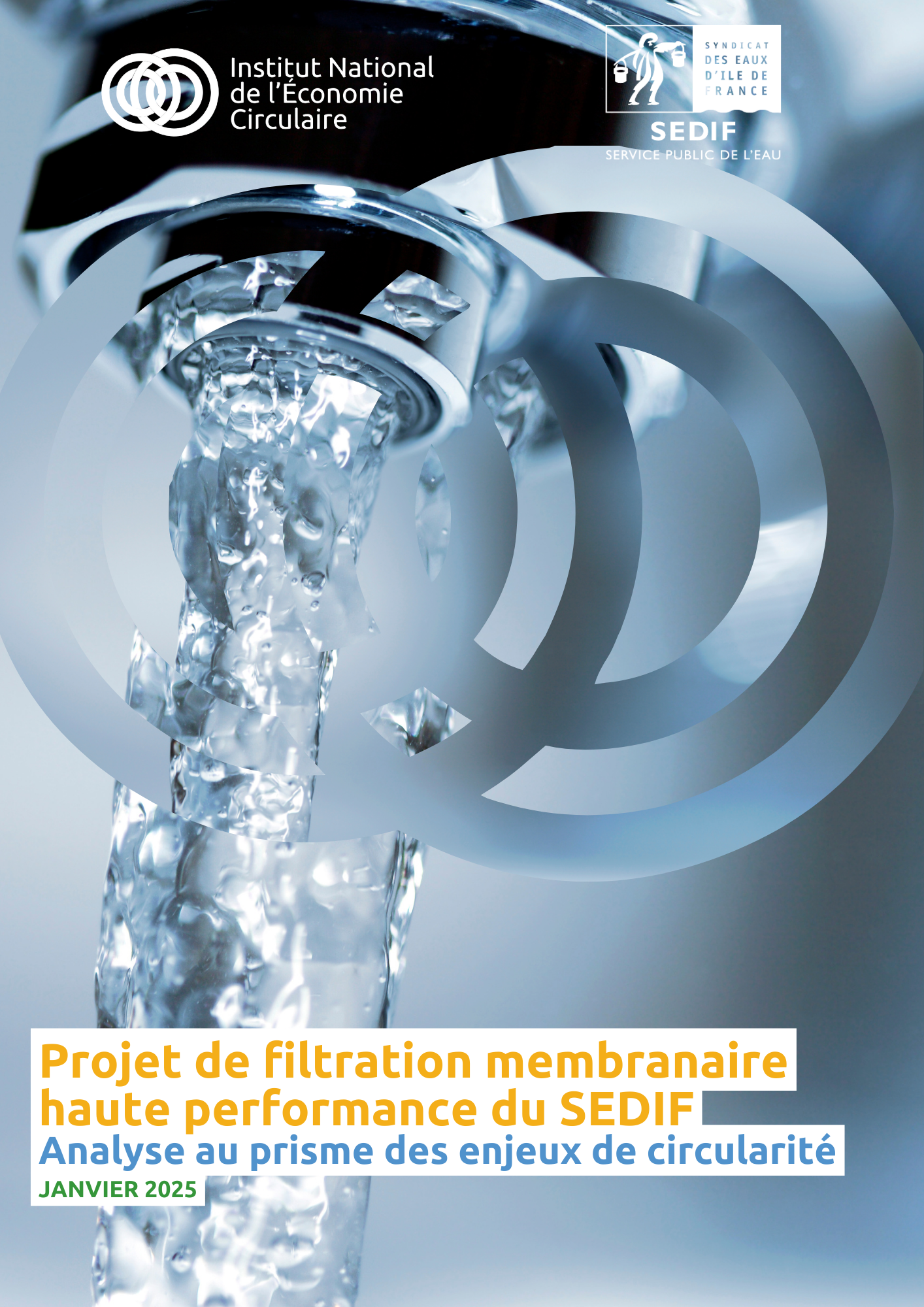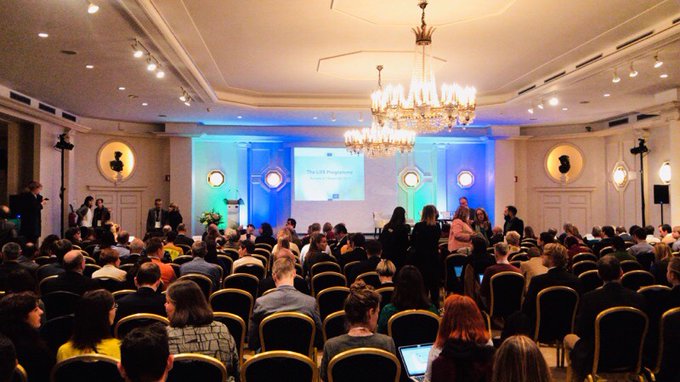 Ursula von Der Leyen, the new President of the Commission, has reached the “Green new deal” as her first priority: this Green Deal will cover climate neutrality by 2050, biodiversity protection, circular economyand zero pollution: all are relevant for the scope of the next LIFE program.
Ursula von Der Leyen, the new President of the Commission, has reached the “Green new deal” as her first priority: this Green Deal will cover climate neutrality by 2050, biodiversity protection, circular economyand zero pollution: all are relevant for the scope of the next LIFE program.
Furthermore, Ursula von der Leyen announced that the new action plan for a circular economy will contribute half of the carbon emissions expected under this Green deal, with priorities as the textile sector, public procurement, construction and plastics.
In this context, the new European Commission organized two days of strategy meeting the 6 and 7th of November to define the main orientations of the LIFE Program for the 2021-2027 period.
As Dr Calleja Crespo, Director General of the DG for Environment said, “The Life program is the only European program exclusively devoted to the protection of the environment and climate action”.
The funding period 2014-2020 has a budget of €3,4 billion. The funding budget for 2021-2027 is not defined yet, but a partial agreement has been reached on €5,45 billion. A new field of action has been decided for LIFE : transition to clean energy.
Different types of projects :
1st type: support policy implementation: actions helping local and regional authorities to build sustainable energy policies and climate and circular action plans
2nd: building capacity: raising energy scale of different actors (for example, training building work staff).
3rd: new investing schemes: Mobilize large inventors in resource and energy efficiency and renewable energy projects, new financial schemes eg. multiresidential buildings.
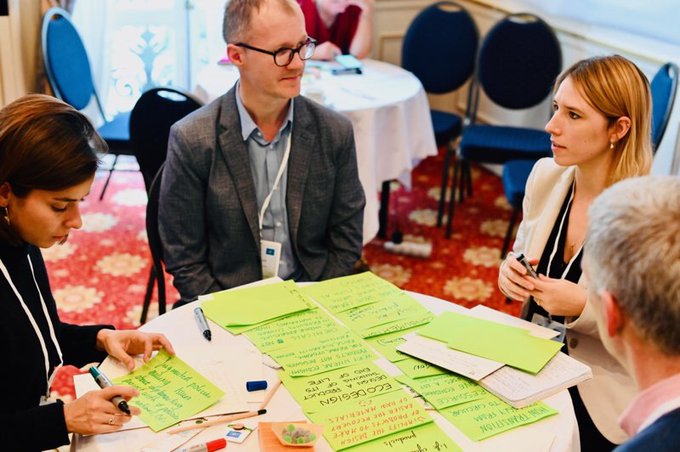 5 workshops have been organized by sub-programs on the main issues, solutions and construction of projects :
5 workshops have been organized by sub-programs on the main issues, solutions and construction of projects :
- Nature and biodiversity
- Circular economy
- Climate: mitigation and adaptation
- Clean energy transition
During the workshops, the INEC has higlighted the main levers for action to be implemented :
- Ecodesign in order to reduce waste, reuse, repare and improve quality and quantity of secondary raw materials
- Education, training, and sensibilization
- Development of services for circularity, and product-as-a-service rather than selling them : functional economy.
- Right to repare
- Circular public procurement: training, development of lifecycle analysis tools and indicators, binding requirements : take into account the lifecycle cost of products
- Promotion of the cross-sectoral dimension of circular economy
The results of workshops will be published by the end of December.



